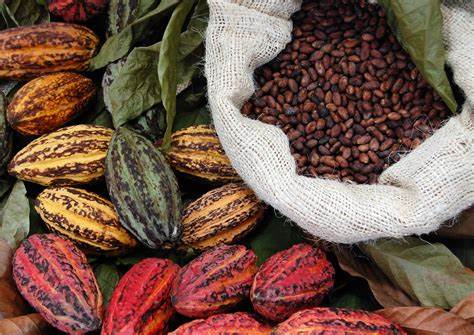
The Council of Ministers approved, on September 30, 2024, an ambitious budget proposal for the year 2025, amounting to 15,339.2 billion CFA francs. This amount represents a notable increase of 11.8% compared to the previous fiscal year, which was set at 13,720.7 billion CFA francs. The government spokesperson, Mr. Amadou Coulibaly, specified during a press conference that this budget is structured into 31 allocations and 153 programs, meticulously organized around institutions and ministries.
The main objective of this budget proposal is to reduce the budget deficit to 3% of GDP, in accordance with the community standards of the West African Economic and Monetary Union (UEMOA). To achieve this goal, the government will focus on increasing domestic revenues by optimizing the tax system and broadening the tax base. Strict control of operating expenses will also be a priority to ensure efficient management of public resources.
Strategic investments will be made in key sectors such as agriculture, infrastructure, and health, which are considered essential drivers of economic growth. These investments aim not only to support production and employment but also to strengthen the resilience of the economy against external shocks. Furthermore, efforts will be made to alleviate poverty and reduce social disparities, particularly through increased allocations for social programs and facilitating access to essential services.
The government spokesperson also emphasized that the budget policy for 2025 aims to stimulate the national economy, with a projected growth rate of 6.3% and controlled inflation at 3.7%, down from the 4% anticipated for 2024. This growth forecast is set against a backdrop of improving economic performance, supported by the resilience of productive sectors and rising domestic demand.
This budget proposal has been developed within a relatively stable international framework, despite ongoing geopolitical tensions and the increasing effects of climate change that continue to impact the global economy. Côte d'Ivoire, as a regional leader, is committed to strengthening its position in international markets while safeguarding its local interests.
The priorities outlined in this budget reflect a determined commitment to inclusive and sustainable economic policies, essential for the harmonious development of the country. By reconciling economic growth with the reduction of inequalities, Côte d'Ivoire aspires to build a prosperous future for all its citizens while consolidating its role within the UEMOA and enhancing regional cooperation. In this dynamic, the government is working to foster a conducive investment climate, thereby attracting foreign capital while supporting local initiatives.
Source: Official portal of the government of Côte d'Ivoire, Web portal editorial team MEPD
